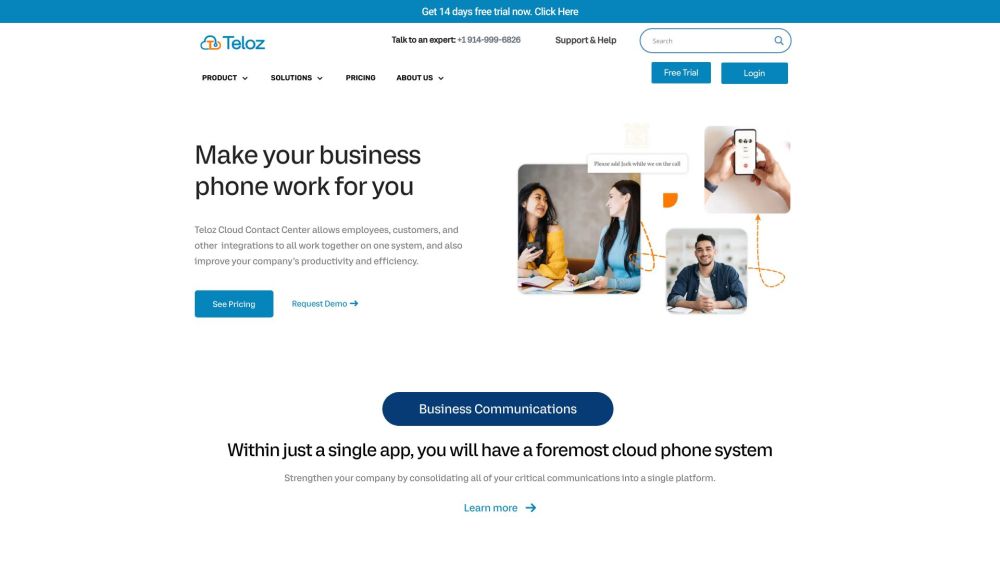U.S. House of Representatives Bans Microsoft Copilot AI to Prevent Data Breaches
Most people like

Enhance Your English Vocabulary with Smart Learning Techniques
Unlock the power of effective English vocabulary learning with innovative strategies tailored to boost your language skills. By employing smart techniques, you can expand your vocabulary efficiently and confidently. Discover how to optimize your learning experience while mastering the nuances of the English language.

Teloz offers cutting-edge cloud-based communication solutions, equipped with advanced features for efficient contact center management.

Harnessing AI-Powered Role Play to Enhance Sales Performance
Unlock your sales team's potential with innovative AI-driven role play strategies designed to boost performance. By simulating real-world scenarios, these interactive tools provide invaluable feedback and enhance communication skills, leading to increased sales success. Explore how integrating AI technology into training can transform your sales approach and drive measurable results.
Find AI tools in YBX
Related Articles
Refresh Articles

